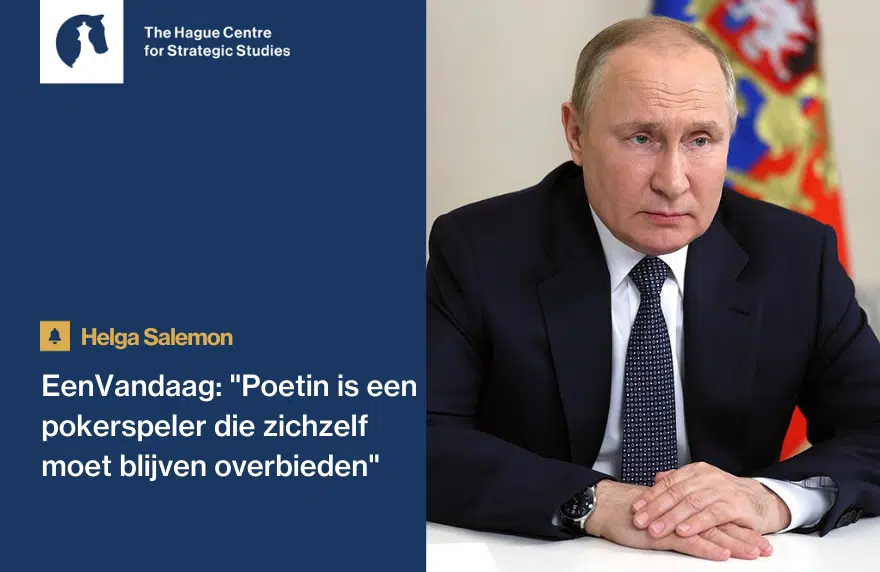Referenda gaan nooit over het onderwerp waarover ze moeten gaan, en dat is deze keer niet anders. Op 6 april a.s. gaat het niet over het associatieverdrag dat de Europese Unie en Oekraïne onlangs hebben ondertekend, maar over ‘Brussel’ en ‘Den Haag’. Daarom is het zinloos om in de aanloop naar het referendum een inhoudelijk debat over het verdrag te starten. Wat dan wel? Daarover gaat deze bijdrage.
Het meest uitgesproken over de ware reden van het referendum was een van de initiatiefnemers van GeenPeil, Bart Nijman: “GeenPeil gaat over de inspraak in de Nederlandse en Europese democratie. Het verdrag is slechts een kapstok waaraan GeenPeil de stelling ophangt dat de Nederlandse burger te weinig inspraak heeft in de Europese ontwikkelingen, omdat een klein groepje politici de kiezer negeert in hun inrichtingsbeleid naar een niet-solidaire superstaat.”[1] Maar ook PVV-leider Geert Wilders roept in tweets om te stemmen tegen “de Brusselse elite”.
Met andere woorden: dit referendum is vooral een instrument voor radicale politici, partijen en daaraan gelieerde organisaties en activisten, om te protesteren tegen de EU en het beleid van de Nederlandse regering. De PVV “onthamerde” de ratificatiewet in de Tweede Kamer en samen met de SP is deze partij de aanvoerder van het parlementaire nee-kamp. Uit peilingen blijkt dat vooral stemmers op deze partijen tegen het verdrag zijn.
Organisaties als GeenStijl, GeenPeil en Burgercomité-EU zitten dichtbij het gedachtegoed van deze partijen. Enigszins kort door de bocht geformuleerd leunt dit gedachtegoed op protectionisme en politiek nationalisme of soevereinisme, waarbij de nationale identiteit en de zelfstandigheid van de staat centraal staan. Deze stroming keert zich tegen supranationalisme en in veel gevallen tegen multiculturaliteit.
Het volledige artikel kan hier worden gelezen.
Photo credit: Aleksandr Osipov via Foter.com / CC BY-SA






